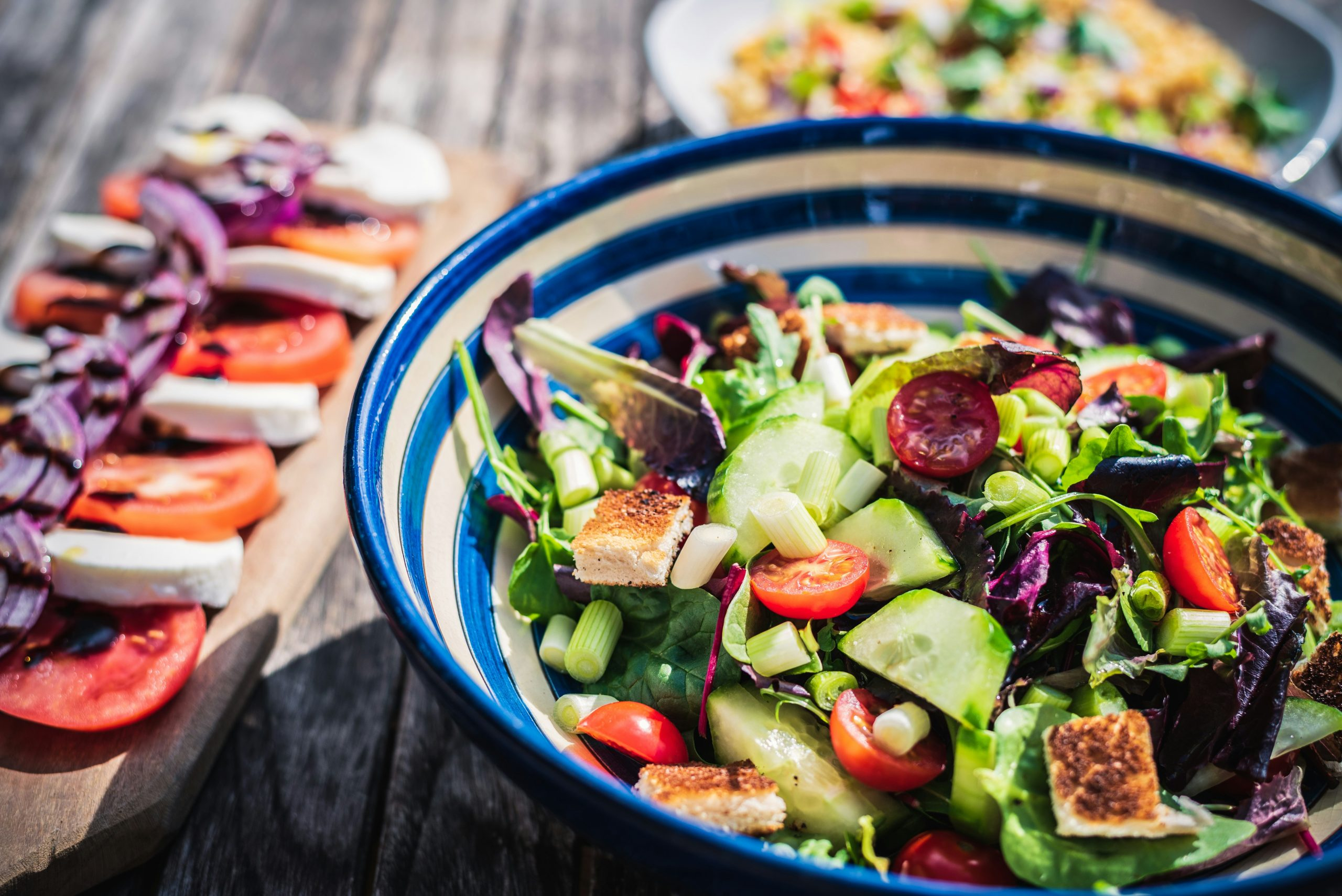Gut-Friendly Cooking: Recipes for a Healthy Microbiome
Our gut is home to trillions of microorganisms, also known as our microbiome. These tiny creatures play a crucial role in our overall health and well-being, from digestion and nutrient absorption to immune function and mood regulation. It’s no wonder that taking care of our gut should be a top priority, and one way to do so is through gut-friendly cooking. In this article, we will explore the importance of a healthy microbiome and share some delicious recipes that will nourish not only your taste buds but also your gut.
The Importance of a Healthy Microbiome
The human gut is filled with good and bad bacteria, and maintaining a balance between the two is key to a healthy microbiome. Poor diet, stress, medications, and other external factors can disrupt this delicate balance, leading to a host of health problems such as inflammation, allergies, and even mental health disorders.
On the other hand, a diverse and thriving microbiome has been linked to better digestion, improved immune function, and even a positive impact on mental health. This is why it’s crucial to nourish our gut with foods that promote the growth of good bacteria and keep the bad ones in check.
The Gut-Friendly Diet
The key to a gut-friendly diet is diversity. The more diverse our diet is, the more diverse our microbiome will be. This means incorporating a variety of whole foods such as fruits, vegetables, whole grains, legumes, and lean proteins. It also means avoiding highly processed foods, added sugars, and artificial ingredients, which can all wreak havoc on our gut health.
Fiber-rich Foods
Fiber is an essential component of a gut-friendly diet. It serves as food for the good bacteria in our gut, helping them thrive and keeping the bad ones in check. Aim to include a variety of fiber-rich foods in your diet, such as leafy greens, cruciferous vegetables, berries, whole grains, lentils, and beans.
Here’s a recipe for a tasty fiber-packed salad that will leave your taste buds and gut happy:
Mixed Greens and Lentil Salad
– 1 cup mixed greens (spinach, arugula, and kale)
– ½ cup cooked lentils
– ¼ cup cherry tomatoes, halved
– ¼ cup chopped cucumber
– 1 tablespoon chopped almonds
– 1 tablespoon olive oil
– 1 tablespoon lemon juice
– Salt and pepper to taste
Simply mix all the ingredients together, and enjoy a delicious and nourishing meal that will keep your gut happy and healthy.
Probiotic Foods
Probiotics are live bacteria and yeasts that are beneficial for our gut health. They can be found in fermented foods such as yogurt, kefir, sauerkraut, kimchi, and kombucha. Incorporating these foods into our diet helps increase the number of good bacteria in our gut and improves digestion and overall gut health.
Try this gut-friendly recipe for homemade yogurt:
Homemade Yogurt
– 1 liter of milk (use whole milk for a creamier yogurt or low-fat milk for a lighter option)
– 1-2 tablespoons of yogurt with live cultures (make sure it’s plain and unsweetened)
1. Heat the milk in a saucepan over medium heat until it reaches 180°F. This will ensure that the milk is sterilized and ready for the bacteria to grow.
2. Let the milk cool down to 110°F, stirring occasionally to prevent a skin from forming.
3. In a separate bowl, mix 1-2 tablespoons of yogurt with a small amount of the warm milk.
4. Add the mixture back into the saucepan with the rest of the milk and stir well.
5. Transfer the mixture into a jar, cover it, and wrap it in a towel to keep it warm.
6. Leave the jar in a warm place for 8-12 hours to allow the bacteria to grow. The longer it sits, the thicker and tangier the yogurt will be.
7. Once the yogurt has set, refrigerate it to stop the fermentation process.
Enjoy your homemade probiotic-packed yogurt as a snack or added to your breakfast bowl for a gut-friendly start to your day.
Avoid Sugar and Artificial Sweeteners
Sugar can disrupt the balance of our gut microbiome, leading to inflammation and a weakened immune system. Artificial sweeteners, although they may contain fewer calories, have also been shown to negatively impact gut health. Limit your intake of added sugars and opt for natural sweeteners such as honey or maple syrup instead.
Final Thoughts
Incorporating gut-friendly cooking into our daily routine is a delicious and beneficial way to take care of our gut and overall health. Be mindful of what you put on your plate and aim for a diverse and balanced diet. With the right ingredients and some creativity, you can create delicious meals that not only satisfy your taste buds but also promote a healthy microbiome for years to come.
Remember, a healthy gut is a happy gut!






